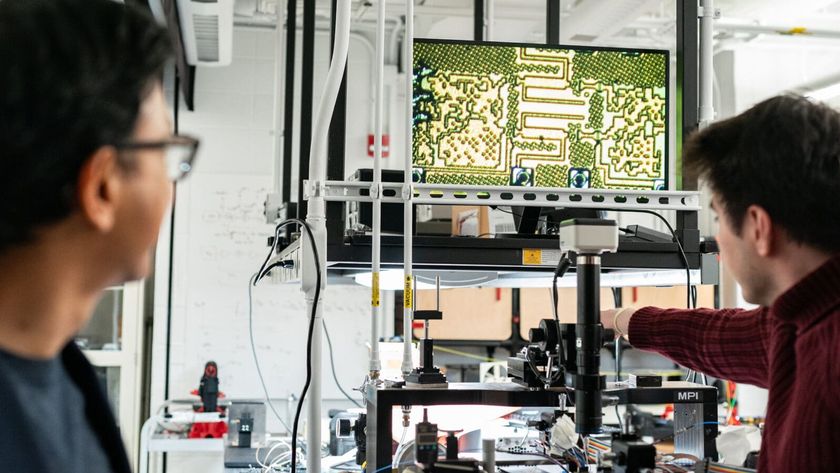Teens on Special Diets Can Stir Thanksgiving Conflicts

Politics might not be the only source of family conflict this Thanksgiving: Many parents say troubles arise when their teens have specialized diets.
During the month of October, researchers polled 910 parents who had at least one child between the ages of 13 and 18. They found that 13 percent of the participants said that they had a child who had tried a vegan or vegetarian diet, 6 percent had a child who had tried a gluten-free diet and 2 percent had a child who had tried a Paleo Diet.
Half of the approximately 190 parents said that their kids' specialized diets caused conflict at holiday and family gatherings, the researchers found. [10 Ways to Promote Kids’ Healthy Eating Habits]
Sarah J. Clark, a co-director of the poll and an associate research scientist at the University of Michigan C.S. Mott Children’s Hospital, said that she hopes the poll will get people talking about their teens’ dietary changes.
"I think, honestly, the best things families can do is identify [by asking], 'Where is there a source of conflict or burden?'" Then, rather than avoiding confrontation, families should talk about the changes together, Clark told Live Science.
The teens gave their parents various reasons for their new diets, the poll found. The most common reason the teenagers cited as their primary motivation for changing their diet was their health, with 32 percent giving that as the reason.
Another 29 percent of the teens said that they were trying a new diet because a family member was on the same one, and 17 percent said that they had started a new diet because their friends had suggested it. Fourteen percent of the teens said that their main motivation could be attributed to concerns about the environment.
Sign up for the Live Science daily newsletter now
Get the world’s most fascinating discoveries delivered straight to your inbox.
These new diets can cause some tension within families, the researchers noted. Parents described a variety of different challenges that were caused by picky teens, including finding restaurants suitable for the entire family; increased time for food prep; cost of the new, diet-friendly food; and conflicts about food at holiday and family gatherings. [10 Facts Every Parent Should Know About Their Teen's Brain]
Despite these increased challenges, surprisingly, most parents were onboard with the changes: Among the parents polled, 52 percent said that their teens' special diets had a positive impact on the health of their offspring, while 41 percent said that the diet had no impact. Only 7 percent said that the diet had a negative effect.
The parents surveyed looked into in their kids’ new diet changes. More than half of them conducted their own research when their teen announced that he or she was starting a new diet, and 48 percent said that they directed their teen to take vitamins or supplements after the diet change. Only a small portion — 11 percent — forbid the diet change altogether.
Still, the researchers noted, the study highlights an important caveat for parents with teens who are on new diets. When parents do their research on a diet and read up on using supplements, they need to find accurate sources of information in order to avoid vitamin deficiencies or even oversupplementation of a particular nutrient. "It’s not always easy to tell what’s an accurate, unbiased source of information," Clark told Live Science.
Only 17 percent of the parents polled said that they brought their teen to a doctor to discuss their child’s new diet. The researchers guessed that this might be because parents do not believe that most doctors have a significant amount of knowledge about special diets, or because parents found it difficult to find an appropriate nutritionist with specialized expertise, researchers explained in their report on the poll.
Clark emphasized that researchers still don’t know how specialized diets affect populations in the long term, and it will be important for researchers to measure how teens fare on these diets over time.
The takeaway for parents, Clark said, is to "consult an expert." This is especially important if a teenager has a chronic disease, is taking medication or is in any way slightly more at risk for health problems. Doing so will allow teens and their parents to understand how any dietary changes might affect that teen's health.
Original on Live Science.




